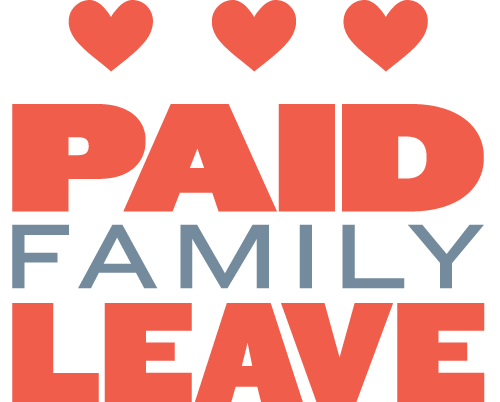Meredith Nicholson
May was Mental Health Month. Considering how misunderstood and stigmatized mental illness is in our society, it’s a wonderful opportunity to reflect on how we can better support people who struggle with mental health issues.
People in crisis often face huge obstacles to receiving support, especially because mental health issues are often wrongly seen as individual weaknesses to overcome. These struggles are compounded when people and families can’t stay employed or meet their basic needs during a crisis. That’s why I’m disappointed that the current proposal for DC’s Universal Paid Leave program does not cover medical leave for mental health.
Here are four reasons why the D.C. Council must expand the bill to cover people who need to take time away from work to address their mental health:
1. More people have a mental illness than you probably think.
Mental illness is often an invisible disability – and that means that many of us believe that it is uncommon. The reality is that nearly one in five people in the U.S. experience mental illness. While someone with mental illness may not “look like” or “act like” they are in crisis, tens of thousands of people in Washington D.C. experience depression, anxiety, addiction, post-traumatic stress disorder, schizophrenia , and other conditions that may require time away from work to heal. By excluding mental illness from paid leave coverage, the D.C. Council leaves out huge numbers of people who have legitimate medical issues and desperately need financial stability while they recover.
2. Mental health issues are seen as personal and shameful. We should instead support people who are struggling.
Though mental health issues are common , people who experience them are shunned as “crazy,” personally weak, or out of control. This leads many people who are struggling to not seek help, especially if they are worried about losing their job (see here, here and here) or slipping into financial ruin if they seek treatment, ask for leave, or check themselves into a hospital. But we need to make sure that people with real health needs get decent care, time to recover, financial stability, and ideally, a job to return to.
3. Covering mental health leave is a win-win for employers as well as employees.
Someone in crisis is not likely to be doing a great job at work – and as an employer or co-worker, why would you want that person coming in to work? Untreated mental illnesses cost employers more than $80 billion dollars per year. Someone who takes paid medical leave will return a much more centered, productive employee, lowering the employer’s hiring and training costs to replace that worker had they left the job. This is just one of the many examples of how strong paid leave programs improve worker retention, productivity, and morale. Bonus: because the city’s paid leave program will pay the employee’s leave wages, employers will have more money in their budget to decide how to cover their staffing needs.
4. Physical and mental health are complex and intertwined.
Physical and mental wellness are very much interrelated. For example, someone who is in an accident might sustain only minor physical injuries which heal quickly – but then develop severe post-traumatic stress disorder or anxiety as a result. Or a new parent could feel lucky to have an uncomplicated birth and even good support and help caring for their newborn, but develop a postpartum mood disorder – which occurs in approximately 10-15% of individuals who give birth. Let’s make sure our program meets these real needs by taking mental health seriously and ensuring that the bill benefits all the people who need it.
The D.C. Paid Family Leave campaign supports writing mental health provisions back into the Universal Paid Leave Act of 2015 and I hope the Council will make sure these important issues are addressed. Be sure to follow campaign updates closely to find out what you can do to support our efforts to pass a strong paid family and medical leave program in our city!
Meredith Nicholson is a multiply disabled activist who volunteers with the Campaign for D.C. Paid Family Leave. Currently, Meredith works as a Public Benefits and Insurance Navigator at Whitman-Walker Health, a health center in Washington, D.C. which specializes in LGBTQ and HIV care. Meredith holds a B.A. from Smith College and will be an MSPH candidate at the Johns Hopkins Bloomberg School of Public Health starting this fall.

